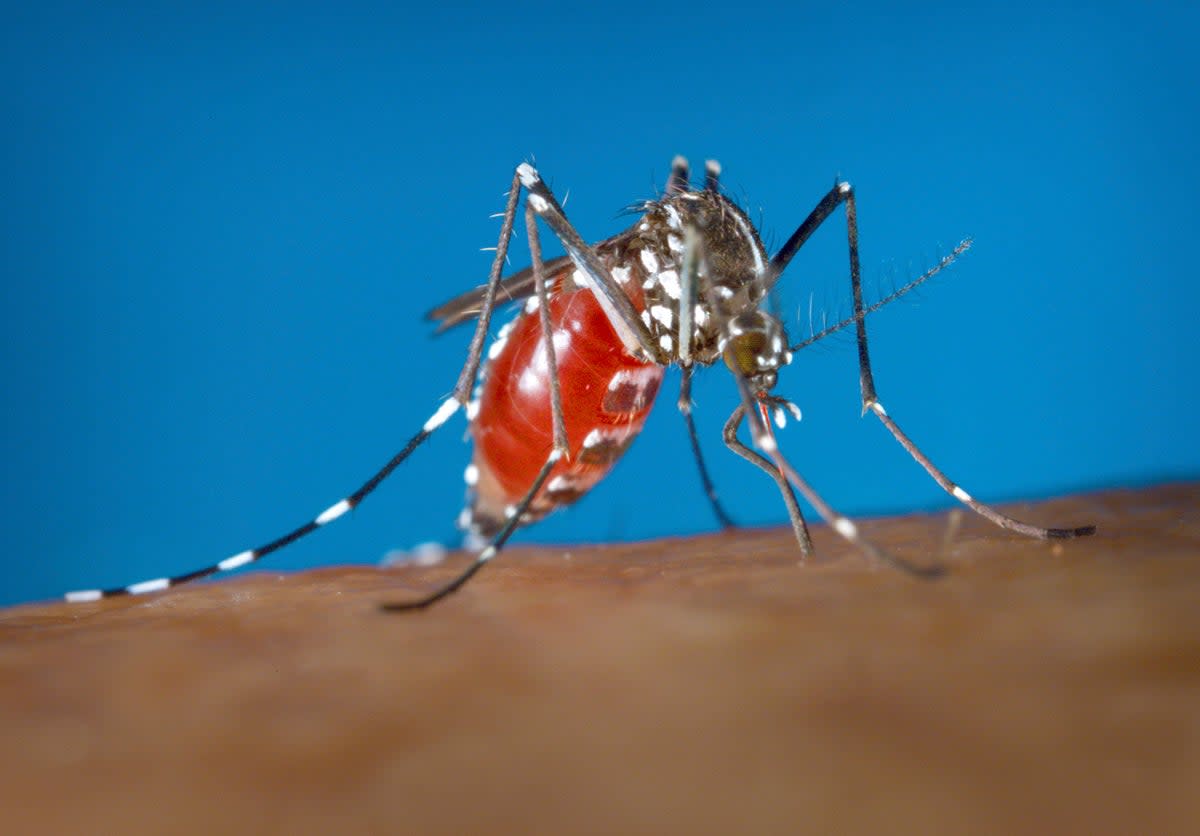Half a dozen pregnant women infected as India suffers Zika virus outbreak

India is seeing a surge in Zika cases with authorities identifying at least six pregnant women infected by the virus.
A 74-year-old man is reported to have died from the infection in the southern state of Karnataka. Since the man had comorbidities, doctors are yet to ascertain if his death was caused directly by the virus.
In any case, he is the first patient in the state found with Zika traces at the time of their death, The Times of India reported.
While Zika, transmitted by the Aedes mosquito, is typically not fatal, it is linked to microcephaly, a condition where children are born with significantly smaller heads and have neurological problems.
Also linked to dengue, chikungunya and urban yellow fever, the Aedes usually bites during the day. Zika can be transmitted from the mother to her foetus during pregnancy, as well as through sexual contact, blood transfusion and organ transplantation.
Infected people are usually asymptomatic and those developing symptoms show them three to 14 days after infection. The symptoms include rash, fever, conjunctivitis, muscle and joint pain, malaise and headache, and they usually last for two to seven days, according to the WHO.
The Zika outbreak has particularly raised alarm in Pune, Kolhapur and Ahmednagar in western Maharashtra state, which is grappling with floods after a heavy downpour.
The southern state of Kerala has also reported Zika cases.
Pune has counted at least 12 cases so far, six of them pregnant women. “We have stepped up our surveillance activities,” said Dr Rajesh Dighe, assistant chief medical officer at the Pune Municipal Corporation.
“Samples have been sent to the National Institute of Virology as part of the screening of pregnant women from areas where Zika cases were detected. Overall, 68 samples from pregnant women have been sent to the apex laboratory,” he was quoted as saying by The Indian Express.
The city’s health department imposed a fine of Rs10,000 (£93) on a builder after a mosquito breeding site was found near his housing complex and a pregnant woman tested positive for the virus.
“She has been asked to consult her doctor, take folic acid tablets as directed and undergo the screening test to check whether the baby is at risk of any congenital conditions and if further tests are required,” Dr Dighe said.
The federal health ministry issued an advisory last week advising state governments to “alert the clinicians for close monitoring” of the affected pregnant women.
“States are urged to instruct the health facilities in the affected areas or those catering cases from affected areas to screen the pregnant women for Zika virus infection, monitor the growth of the foetus of expecting mothers who have tested positive for Zika.”
The ministry also instructed states to report Zika cases to the Integrated Disease Surveillance Programme and the National Centre for Vector Borne Diseases Control. It also advised them to intensify vector control activities in residential areas, workplaces, schools, construction sites, institutions, and health facilities.


